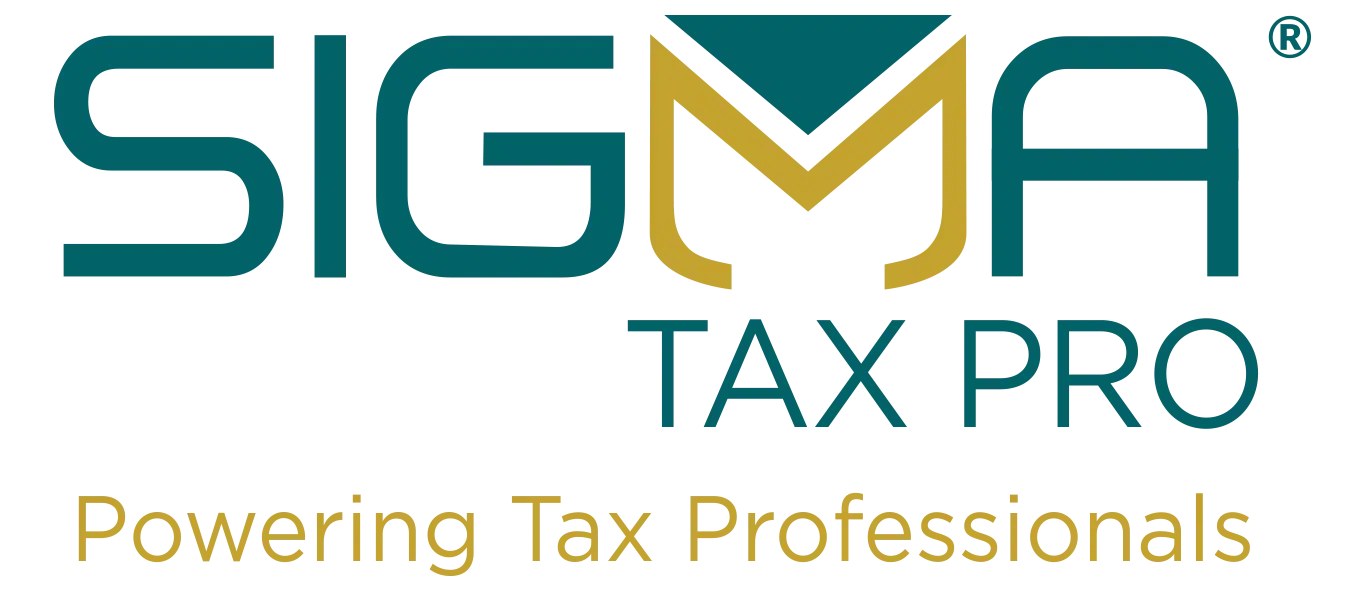
New Tax Law for 2024 of which Tax Preparers Should Be Aware
The landscape of taxation in the United States continues to evolve with the Inflation Reduction Act, and the upcoming changes for 2024 are particularly important for tax preparers. One of the main goals is to simplify the filing process for everyone involved. Creating a more efficient system will make the online tax filing process much more manageable while decreasing the chance of costly mistakes being made.
Here are some of the most significant changes with the new tax laws in 2024:
Expansion of Electronic Filing Mandate
The IRS e-filing requirements have been expanded to include additionalvariations of tax returns. This move aligns with the broader “Taxpayer First Act” and aims to promote electronic tax filing over traditional paper filing. Organizations with ten or more returns must file electronically under these new rules. Not only does this make the process more time-efficient, but it also improves accuracy. The transition to electronic tax filing is designed to make things much more manageable.
Paperless Processing Initiative
The push towards digital filing is evident in the new IRS Paperless Processing Initiative. One of the primary goals behind this initiative is to be eco-friendlier and more efficient. The IRS is encouraging a paperless workflow, which can significantly reduce paper waste. This could substantially impact tax filing options, especially those traditionally relying on paper documents. It’s recommended for tax preparers to use tax software that has this feature integrated.The move toward digital tax filing aims to streamline processing times and make it much easier for taxpayers to receive updates on their filings.
Free File Program Launch
The IRS free file program allows for free tax filing, especially for those in lower income brackets. Online tax filing may become even more accessible with this program. A pilot program for free tax filing began in 2023 and is expected to continuein 2024. Tax preparers should familiarize themselves with this free tax filing program, especially since not all taxpayers are eligible, to offer the best guidance to their clients.
Tax Cuts for Working Families Act Deduction Increase
The deduction ceiling for the Tax Cuts for Working Families Act has been raised, which is a move that will significantly benefit working families. This increase aligns with the broader Inflation Reduction Act. The guaranteed deduction will be extended to $2,000 for single filers and $3,000 for head-of-household filers. Joint filers will be raised to $4,000. This can result in substantial savings for many families, and tax preparers need to be well-versed in these changes to provide accurate advice.
How Will These Changes Impact Taxpayers and Tax Preparers?
These upcoming changes in tax laws for 2024 are set to impact taxpayers significantly. The shift towards electronic filing under the expanded IRS e-filing requirements is designed to make the entire process quicker, but it could also require some adjustment for those who need to become more tech-savvy. The Paperless Processing Initiative will further promote digital workflows, leading to quicker return processing times. The Free File Program Launch also promises to make tax filing more affordable.Additionally, the increase in deductions due to the Tax Cuts for Working Families Act offers increased financial relief.
Overall, the changes will likely streamline the taxation process while introducing new savings opportunities. However, they will require taxpayers to become more informed and adjust their traditional filing methods. Tax preparers who stay ahead of these changes will play a significant role in helping their clients navigate this evolving landscape.
Final Thoughts
Understanding the Inflation Reduction Act and the new tax laws for 2024 is crucial for any tax preparer who aims to provide up-to-date services. Whether it’s the drive towards electronic and paperless systems or the introduction of free tax filing programs and deduction adjustments, there’s a lot to take in for tax preparers. The earlier you familiarize yourself with these changes, the better positioned you’ll be to guide your clients through a smooth and efficient tax season.





